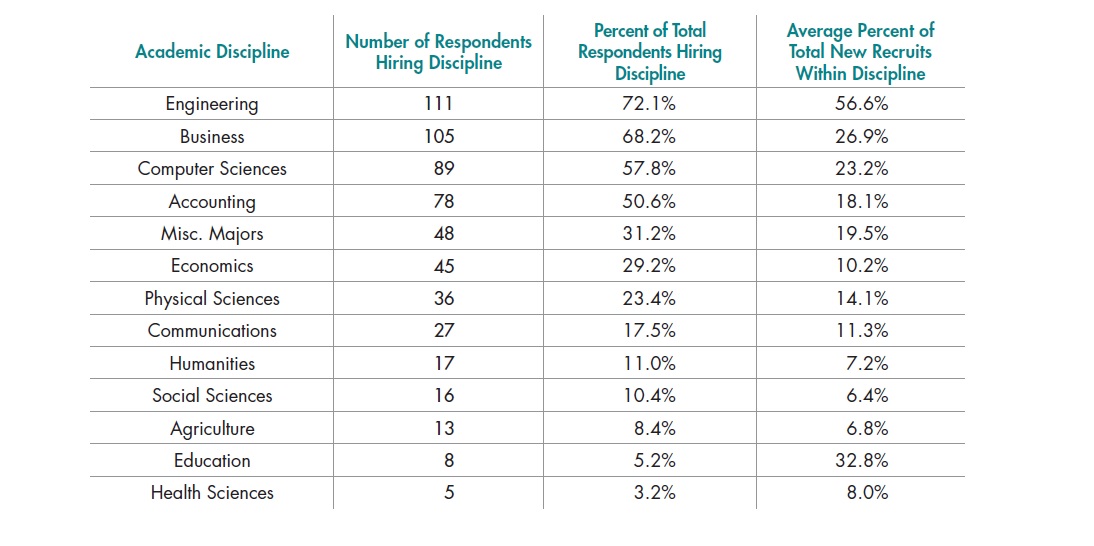I wrote this a while back, about the top 10 skills needed for a job based on some LinkedIn research. Actually spent some time in Northampton, MA over the holidays after I wrote that post (was with friends), and one of my friends told me a point I had made in there resonated a lot: namely, the types of people who use LinkedIn are a much different animal than the broader workforce (or even understandable segments of the workforce). You have a lot of Silicon Valley types on there, you have a bunch of job-seekers and HR types, and some real, actual data might be hard to chase. For example: when I was working with McKesson in summer 2013, tons of people making $250K+ didn’t even have LinkedIn profiles. If you like your job and your salary and probably aren’t moving anytime soon, why would you be super active on LinkedIn? Most people don’t want to be “thought leaders.” They want to print money for themselves, bay-bee! (Or at least, you know, maybe find some purpose with their work.)
Alright, well … here’s some new research and ideas about “What Employers Are Looking For.” All this stuff is always fraught because you never know the agenda of the company doing the research — and often you don’t even know the methodology — but they’re somewhat interesting to look at.
Here’s the source, and here’s the first chart. It shouldn’t surprise you:
Not surprising that “engineering” (“We need people to build this shit!”) and “business” (“We need hard-chargers!”) would be 1-2, with Computer Science No. 3. That is not even remotely shocking.
This isn’t either, but …
Like I said, this one ain’t surprising. But … “critical thinking” and “problem solving” aren’t really skills you need in most jobs. That implies that most jobs involve a degree of critical thinking and/or problem-solving. They don’t. Most jobs are digital paper pushing at core. Those words are things that hiring managers, HR people, and senior executives say because they sound good. You know what they really want? People that tow the line, do their shit, won’t complain, and won’t try to get promoted a lot. That’s how the game works, bay-bee!
It’s amazing that “teamwork” is No. 2 above. That’s another buzzword. You know the dirty secret about teamwork? People don’t even want to work in teams.
“Professionalism” — don’t even get me started there. It’s important to a point, but everyone makes a huge fucking deal out of it, and people love to use it as a way to keep others down. (“He’s not professional enough. We can’t promote him!”) This happens even if work quality is good.
Bottom line here is that the way employers think about hiring, talk about hiring, and actually feel about hiring are essentially three entirely different things.


